With the current hike in the cost of crude oil in the international market, Nigerians have been advised to prepare for a fresh increase in the cost of petroleum products across the country.
The nation was four months ago, unsettled by sudden spike in price of Premium Motor Spirit (PMS) because of the removal of subsidies on the commodity announced by President Bola Tinubu during his inaugural address.
Join our WhatsApp ChannelFrom the official pump price of N189 it rose to an average of N500 and later shut up to N617.
With the recent increase in price of crude oil in the international market, there are expectations that the price of petroleum would also rise given the fact that the country is now, supposedly, having a deregulated downstream oil sector and no more insulated from changes in the market as it also relies heavily on importation of refined products.
Speaking during newspaper review on Channels Television’s Sunrise Daily programme on Thursday morning, Publisher of Prime Business Africa, Dr Marcel Mbamalu, said that with the reality on ground, Nigerians need to gird their loins and prepare for fresh increase as high crude oil prices would definitely push up the price of petrol in an import-dependent country like Nigeria.
Dr Mbamalu, who expressed concern over the hardship that the high cost of petrol has unleashed on Nigerians, noted that the problem with the market system in the country is that when prices of things go up, they hardly come down.
“I expect that the prices of petroleum products would go up because crude oil prices are up. But in Nigeria, what we hear most times, unfortunately, is that when prices are up, we don’t see much reflection when they go down,” Dr Mbamalu stated.
Continuing, he added: “We are going to gird our loins and see what plays out at the end of the day, but it’s not going to be business as usual for us. If the fuel price is going to be really liberalized, then it means that the price would go up.,” the media scholar and entrepreneur noted with concern over the implications on Nigerians.
The Prime Business Africa publisher further argued that for filling stations to continue selling petrol at N617 per litre when the prices of crude oil have surged, means that either there are still old stocks yet to be exhausted or there could be a form of subsidy silently being implemented by the Federal Government.
READ ALSO: Nigeria Continues Subsidy As ₦617 Pump Price Retained Despite Crude Nearing $100 Per Barrel
Currently, a barrel of crude oil in the international market is sold at $97 nearing $100 per barrel being predicted by some analysts due to the extended supply cuts by Saudi Arabia and Russia to the end of this year, which is fueling worries of supply shortfall and raising concerns about the impact on the global economy.
Commenting on the non-passage of the Critical National Infrastructure (CNI) Bill 15 years after it was proposed which reportedly threatens the telecom sector, Dr Mbamalu advocated a review of the constitution to allow states and local governments have more powers to do certain things for efficiency. He noted that looking at the present arrangement the Federal Government is heavily encumbered with loads of responsibilities that it has become difficult to implement certain critical policies that in a way affect the economy in terms of businesses and investments among others.
He cited a case of the telecommunications sector which has been complaining about the issue of access – right of way to lay their fibre optics for improved telecom services.
On the news about Edo State government asking the Federal Government to explain the source of the N5 billion subsidy palliatives disbursed to states, Dr Mbamalu said it is a good practice healthy for democracy when subnationals question certain things done at the centre.
He added that it would be nice if the Federal Government responds with an explanation on that to set precedence on transparency and accountability. While noting that sub-nationals who do well in a federal system are those who are able to stand on their feet, he urged states to engage in constructive criticisms of policy decisions made by the national government.
“I think that for states to do well, they need not be aggressive but constructively engage with the Federal Government,” he stated.
Victor Ezeja is a passionate journalist with six years of experience writing on economy, politics and energy. He holds a Masters degree in Mass Communication.

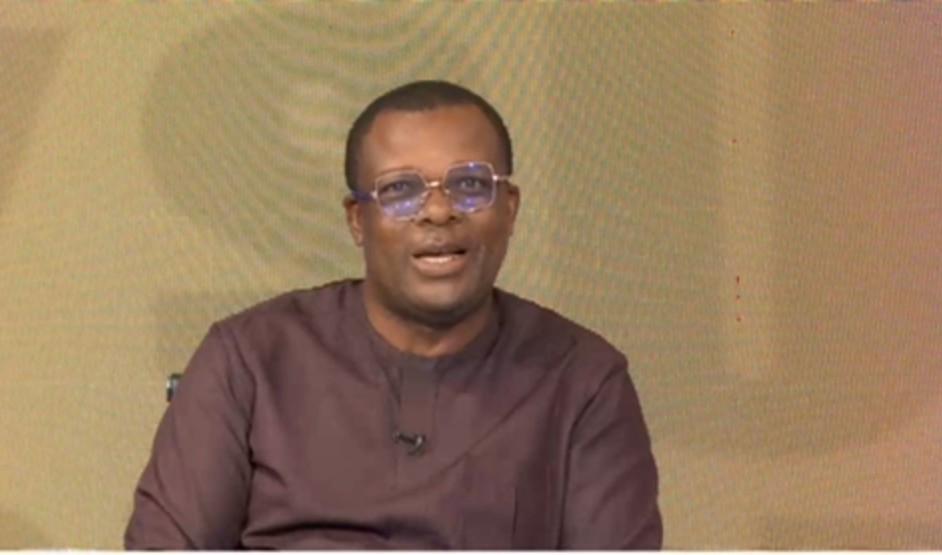



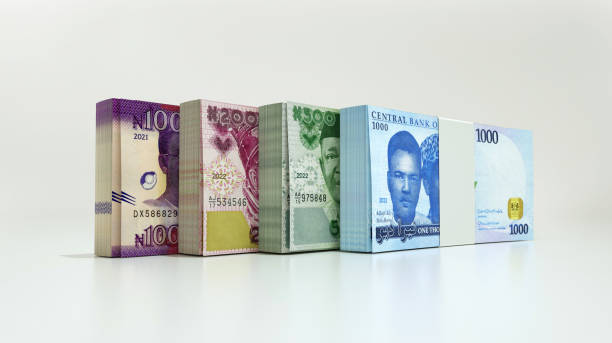
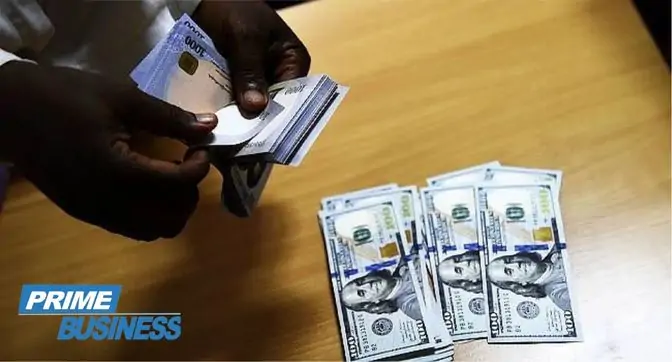
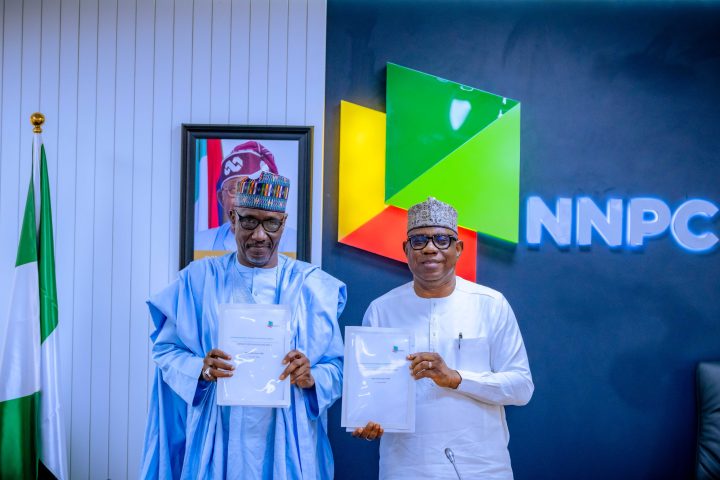










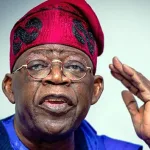
Follow Us